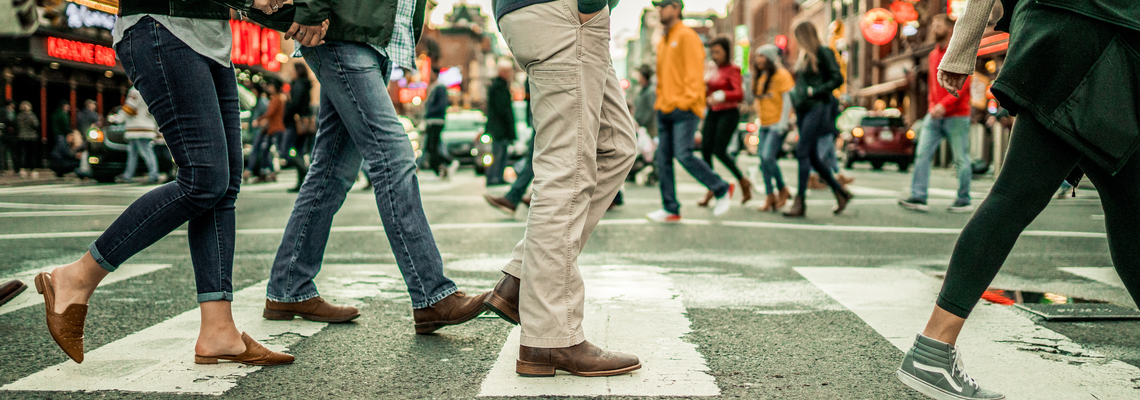
Berlin shopping street car-free on Sundays
The new Berlin coalition of the SPD, the Greens and the Left has presented its transport plans, drawing inspiration from plans in other countries. The city halls in the districts have also announced their first traffic policy projects. A lot will change for the shopping mile in Schlossstraße in Steglitz.
The Berlin government under Mayor Franziska Giffey (SPD) has announced its first intentions in terms of transport policy. In future, parking in Berlin will cost up to 5 euros an hour and a resident's parking vignette will become twelve times more expensive. In addition, several underground lines are to be extended and buses and trams are to have a denser frequency.
In the district of Steglitz-Zehlendorf, too, the signs are pointing to change. Thanks to the coalition of SPD, FDP and Greens, there could be a Green mayor for the first time after 50 years of CDU. And a model project has already been decided: a car-free Sunday on the 1.7 km long Schlossstraße, the largest retail location in the capital. In addition, parking spaces in the parking bays are to be abandoned and space created for pedestrians instead. On normal weekdays and Saturdays, the pavements of Schlossstraße are usually crowded. In this case, more space actually ensures more safety. On future car-free Sundays, through traffic should then be routed via the parallel 103 motorway. Too bad that the Berlin coalition is aiming to demolish precisely this motorway.
Car-free days are a good way to show people the advantages of a car-free city. But often the ban on cars is limited to one day or only a small part of a street, as was the case last year on Berlin's Tauentzienstraße in front of KaDeWe. In France, too, car-free days are limited to one day a month. In Paris and Bordeaux, the entire city centre has been closed to traffic with combustion vehicles on the first Sunday of every month for over a year. This weekend is no exception. Only motorised traffic that uses electricity for propulsion has access.
One street that remains car-free all year is Berlin's Friedrichstraße. Cars have had no place there between Französische Strasse and Leipziger Strasse since August 2020. Instead, there is now a bicycle lane in the middle.
Will more and more streets soon be completely car-free? Or will entire cities be closed to vehicles? Only time will tell. It would be desirable for the air and the residents.
